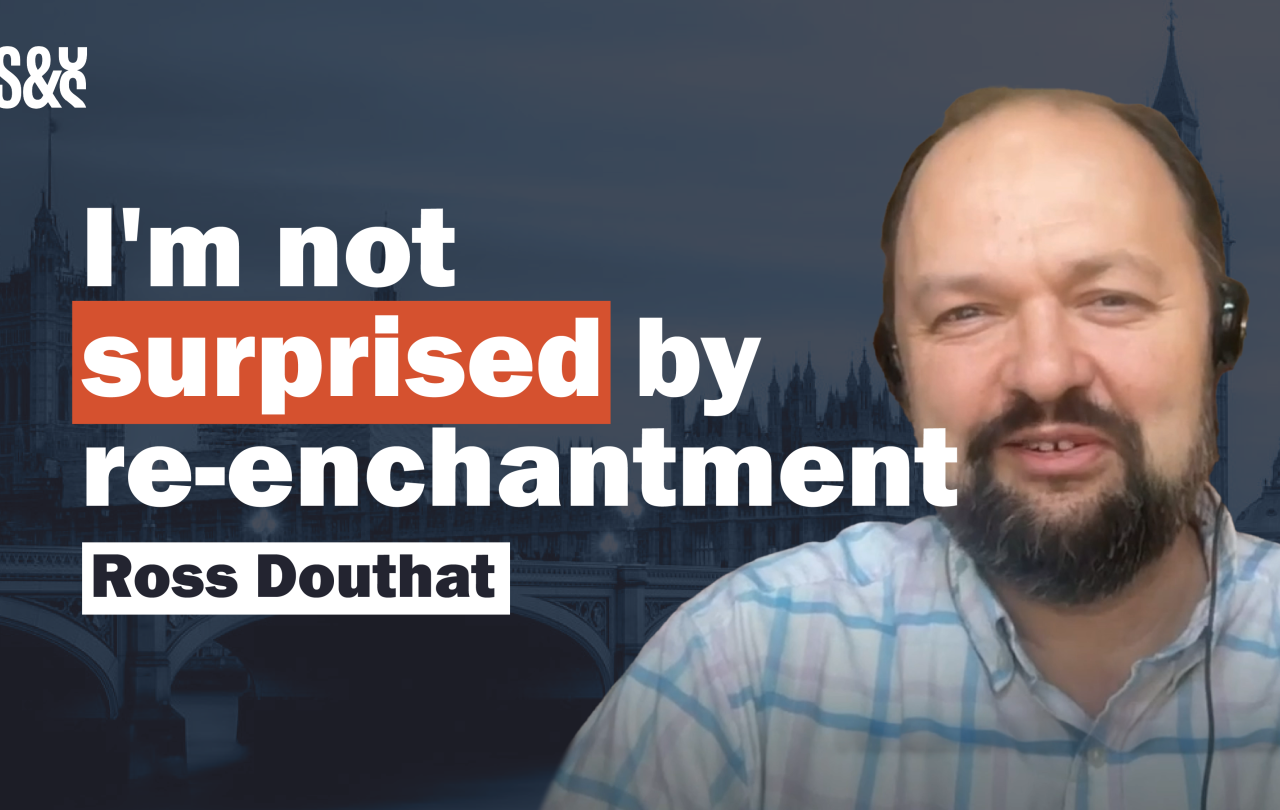
It wasn’t until I took my seat in Exeter’s Great Hall the other Friday that I noticed the title of the Simon Reeve show I had bought tickets for over a year prior - “To the Ends of the Earth” - and it was to prove apt.
The seemingly ageless TV presenter was his usual effervescent self as he regaled the audience with stories from some of his journeys to the distant place of the world - the Ends of the Earth.
We were taken from the hottest to the coldest places, the wettest to the driest; and alongside humorous and poignant anecdotes, there was also an almost evangelistic zeal in Reeve’s frequent pleas to “green” our money and time.
“Less screen time, more green time!” he revealed is a Reeve family motto.
And if he could give us one piece of advice, he said, it would be to “green” our pension - ensuring that the money invested goes to good causes that reduce our carbon footprint, rather than, say, to tobacco or oil companies.
It may not make us as much money, he said, but it would do more for the environment and reducing our carbon footprints than never getting onto another plane.
Food for thought.
Although, perhaps surprisingly, Reeve is actually somewhat of an advocate for tourism.
For despite the carbon footprint and potential to tarnish some of the best places on Earth, tourism also provides an important source of income and an economic reason to keep beauty spots special, he explained.
We can ask people as nicely as possible not to cut down trees or to look after wildlife, he said, but if they have an economic incentive, it’s likely to prove more persuasive.
Perhaps my biggest takeaway from the show was the passion with which Reeve spoke about the climate, “Mother Earth”, “Mother Nature”, “the natural world”, and “the spinning rock on which we live” - all phrases that he used.
At times, his language was almost spiritual.
But perhaps another motivator that could spur us on to action could be the knowledge that each of us have been charged by our Maker - another word employed by Reeve - with the responsibility to care for our world.
He talked about time in the great outdoors as being “good for the soul”. He even shared how on a recent visit to Greenland, it had made him - “as someone who is not religious” - consider whether there really might be a Creator, as it seemed as though the huge pool of ice there had been intentionally left there as a warning to the world not to melt it.
And as I reflected later on all I had seen and heard, I wondered whether, without a religious conviction, we may be lacking a persuasive motivation for people to stop destroying our planet ever further.
Humanists may argue that there's a shared humanity to fight for, but if we are just living for this one life, isn’t the most logical course of action to look out only for one’s own immediate interests?
Might we need another incentive, in the way Reeve explained that money can encourage people to look after their local habitats?
I wondered whether Reeve had known when he chose the title of his show that he was quoting the last words of Jesus, when he said his disciples would be his witnesses in Judea, Samaria, and “to the ends of the Earth”.
In the case of lovers of the planet like Reeve, perhaps their witness to the ends of the earth is the message of just how wonderful our planet is - and this is certainly a very valuable message.
It is to be hoped that the many thousands who will have heard Reeve’s message on this tour and on the screen will do their own bit to make our planet a better place.
But perhaps another motivator that could spur us on to action could be the knowledge that each of us have been charged by our Maker - another word employed by Reeve - with the responsibility to care for our world.
I certainly find it a motivating factor.
And in spite of all our faults, Reeve said that the real highlight of all his travels has been the people he has met, and this has also always been my experience.
You can find such love in our species, he said - “the best species that there has ever been on our planet” - and I would agree, even if we reached the same conclusion based on a contrasting set of overriding beliefs.





